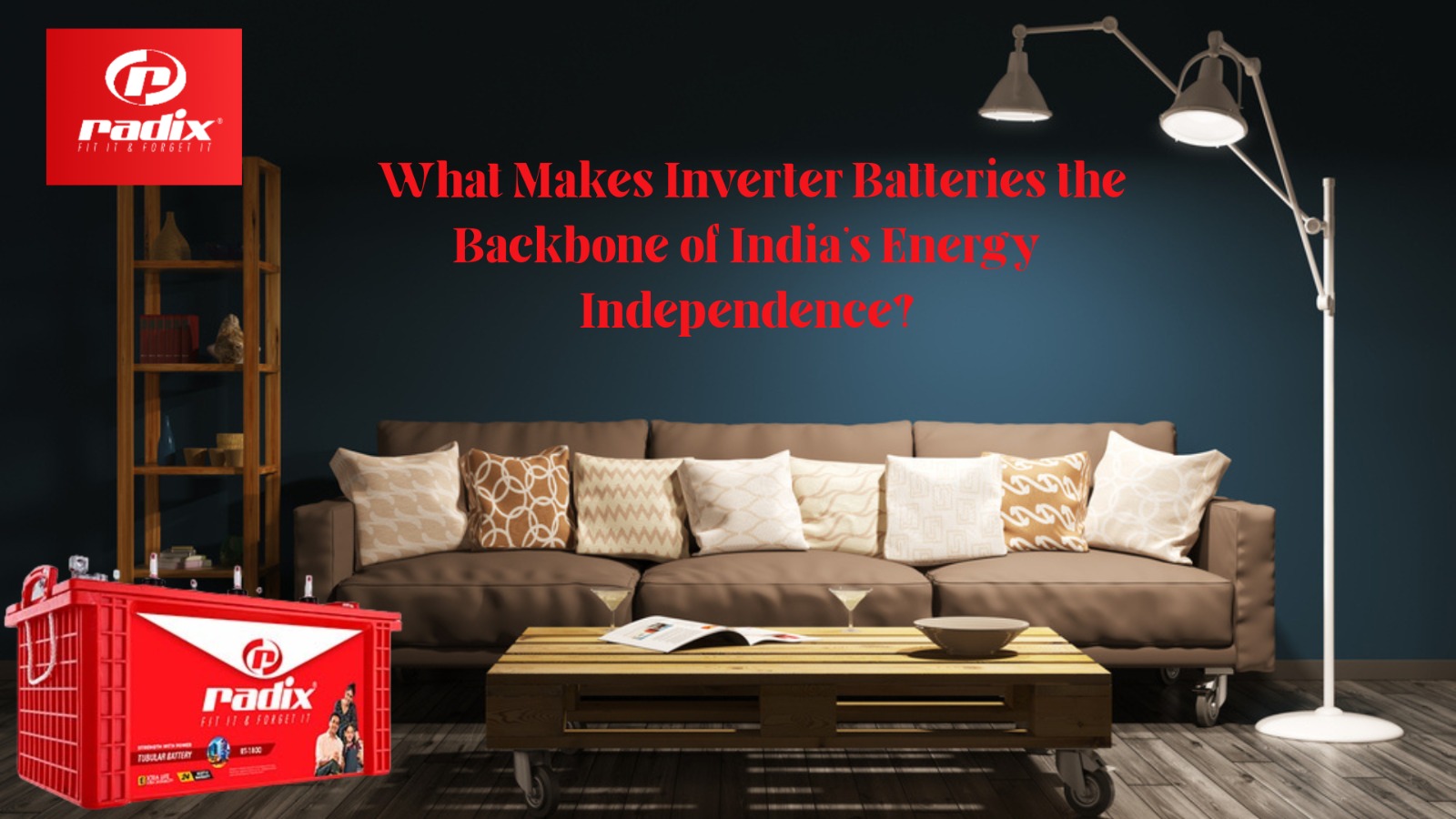India, with its rapidly growing population and expanding economy, faces an ever-increasing demand for electricity. The country’s power grid, though improving, is still prone to frequent outages, especially in rural and semi-urban areas. In this context, inverter batteries have emerged as a pivotal solution in ensuring a continuous and reliable power supply. By bridging the gap between power generation and consumption, inverter batteries play a critical role in India’s journey toward energy independence.
The Energy Challenge in India
India’s energy infrastructure has long struggled to meet the growing demand for electricity. Power outages are common, with many regions suffering from unreliable access to the grid. This has led to widespread adoption of alternative solutions, with inverter batteries emerging as a popular choice for homes, businesses, and institutions. These batteries are essential not just for providing backup power during grid failures, but also for supporting the growth of renewable energy sources like solar power, which are becoming more prevalent in the country.
Inverter Batteries: The Pillars of Energy Storage
Inverter batteries are integral to energy storage systems, ensuring that electricity is available when it’s most needed. They store excess electricity generated by power grids or solar panels during the day and release it during the night or during power cuts, ensuring a continuous flow of electricity. For many Indian households, inverter batteries are a lifeline during power failures, allowing them to continue daily activities like cooking, studying, or working from home.
1. Efficient Power Backup
The primary function of inverter batteries is to provide backup power. In regions where electricity is not consistently available, inverter batteries make it possible to maintain basic functions and comfort. Whether it’s lighting, fans, or charging devices, inverter batteries ensure that power disruptions do not halt daily life.
2. Supporting Solar Power Adoption
One of the most important aspects of inverter batteries is their ability to store energy from solar power systems. India has immense potential for solar energy, and inverter batteries play a crucial role in making solar energy reliable. During the day, solar panels generate electricity, and the excess energy is stored in inverter batteries for use during the night or on cloudy days when sunlight is limited. This integration with solar power systems significantly reduces reliance on the grid and promotes energy independence.
3. Reducing Dependency on the National Grid
For much of India, especially in rural areas, the national power grid remains inaccessible or unreliable. Inverter batteries provide a solution by enabling energy independence. By relying on stored energy, users reduce their dependency on the national grid, mitigating the impact of outages and limiting energy wastage. In urban areas too, where grid failures can disrupt life, inverter batteries offer a reliable alternative.
Inverter Batteries and Their Economic Benefits
Inverter batteries are not just a solution for energy reliability—they also offer substantial economic benefits. By reducing the frequency of power cuts and offering a reliable backup, businesses can continue their operations without interruptions, minimizing downtime and losses. For households, the ability to store solar energy means reducing dependence on expensive grid electricity and lowering electricity bills.
Additionally, as inverter batteries allow for the efficient use of solar energy, they contribute to the reduction of energy costs over time. This is particularly valuable for businesses and industries looking to cut operational costs while maintaining a steady energy supply.
Conclusion
Inverter batteries have become the backbone of India’s energy resilience, offering a reliable and cost-effective solution to the country’s ongoing power challenges. As India moves toward a future powered by renewable energy, inverter batteries will remain a critical component of this transformation. By ensuring continuous power supply, reducing dependency on the national grid, and supporting solar energy systems, inverter batteries are truly at the heart of India’s journey toward energy independence.



